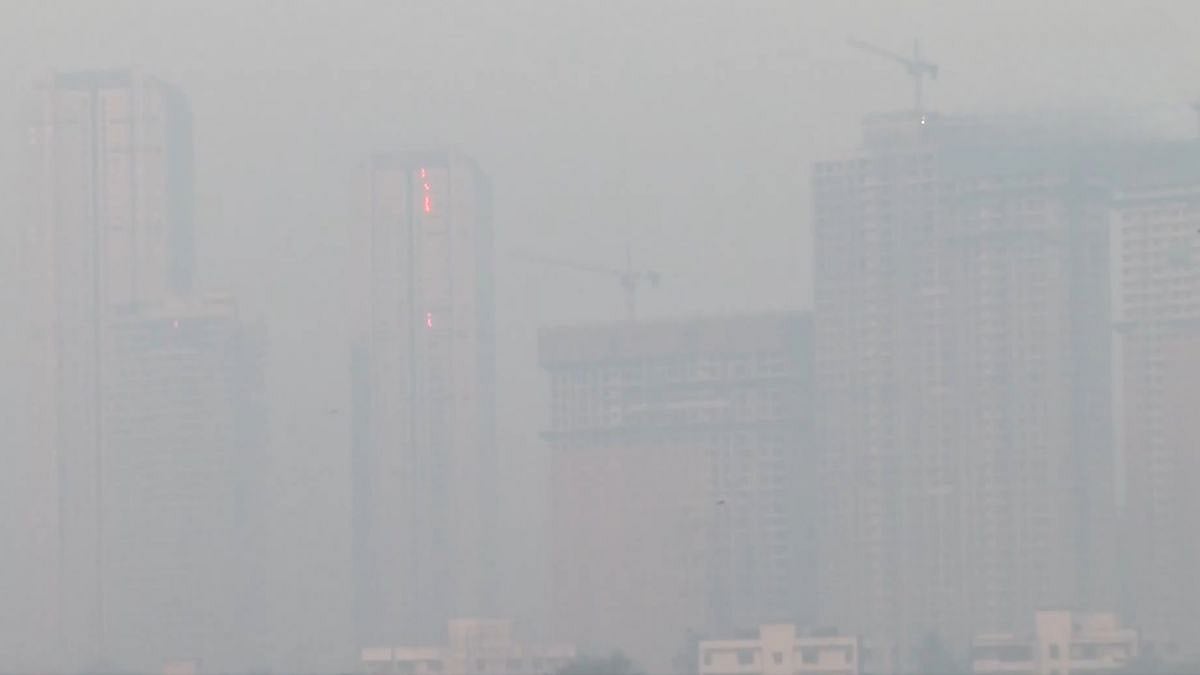The question whether the Maratha quota law breached the 50 per cent ‘Lakhman Rekha’ for reservations drawn by the Supreme Court three decades ago, will be re-examined afresh by the apex court. It is time too. Since a nine-member bench of the court in the ‘Indira Sawhney’ case in 1992 had fixed the 50-percent ceiling on reservations, barring extraordinary circumstances, several states have sought to get around it in a most circuitous manner, with the higher judiciary often looking the other way.
In short, the 50-per cent bar had come to be openly breached by ruling parties in the states in quest of easy electoral gains from the potential beneficiaries. In the case of reservations for Marathas, these had followed a prolonged agitation by the community, ahead of an assembly poll. The Maratha quota, which took the reservation ceiling beyond the mandatory 50 per cent, was voided by a three-member bench of the apex court in September last year, with the court saying the state had failed to establish any extraordinary situation to justify the 50-percent breach. No longer does birth in a scheduled or a backward caste or tribe constitute the sole criterion for reservations in government jobs and educational institutions. Economically backward sections, even if belonging to middle or high castes, have successfully laid claim to such special provisions.
Instead of near-uniform reservations throughout the country which were in force at the founding of the Republic, the picture is so distorted and disjointed that these differ from state to state, often in breach of the 50-percent ceiling. Some castes, for instance, enjoy the benefit of reservations in one state but are denied in others without a proper rationale.
On Monday, a five-judge bench, headed by Justice Ashok Bhushan, grappling with the growing enormity of the reservation laws in various states, in a welcome move, sought the opinion of other states as well, before pronouncing on the Maratha quota. The vital question was whether the 1992 Indira Sawhney law had outlived its utility “in the light of subsequent constitutional amendments, judgments and changed social dynamics of the society…”
Another question was whether the Maharashtra State Reservation for Social and Educationally Backward Classes (SEBC) Act, 2018, which provides 13 per cent quota for Marathas and thus breaches the 50-percent mark, was warranted by “extraordinary circumstances” for it to be pronounced valid. The bench also will examine whether the states’ power to legislate for classifying backward class citizens is curbed by the Centre, under the 102nd Constitutional Amendment Act. The whole gamut of issues pertaining to reservations need a fresh look in the light of the experience gained thus far, as well as to introduce a measure of uniformity and equity in the criterion for reservations.
With the socio-economic changes in the last three-four decades and the resulting pressure on the limited economic pie, more and more groups, not necessarily belonging to the traditionally backward castes and classes, have laid claim on preferential treatment for government jobs and seats in educational institutions. Indeed, economically weaker sections among upper castes too seek reservations. Reservations may not be the panacea but these have helped the traditionally weaker sections among the poor and the underprivileged to uplift themselves, to live a life of dignity and self-respect.
However, the problem is, no caste or community wants to give up these benefits even after reaching a certain level of socio-economic progress. And it is undeniable that a large percentage of the upper caste groups have fallen far behind on most socio-economic indicators. They too have a valid claim on the state extending them a helping hand. Hopefully, a bench larger than the nine-member one which had set the 50-percent bar on reservations three decades ago will thrash out in all its facets the politically sensitive question of reservations.




